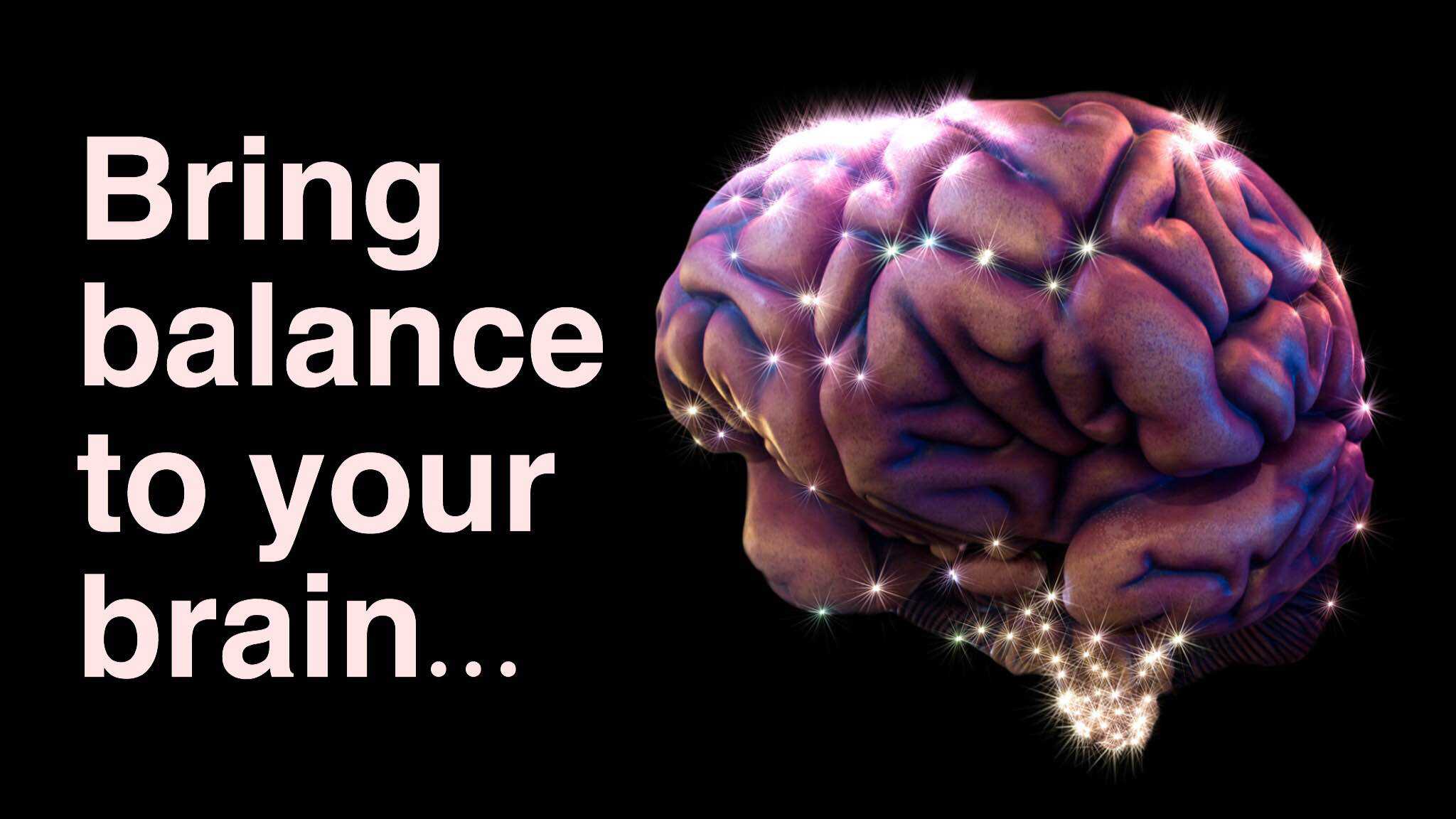Our higher self, intuition, or whatever you prefer to call it, wants us to know certain things in life in order to comfort, guide, and illuminate us in the best possible way. Many people have started awakening to their higher selves recently as the Golden Age continues to unfold, and they’ve started to question everything they once perceived as truth. We can gain access to our higher selves through meditation, yoga, or simply sitting in silence, to name a few ways.
The higher self reveals many truths that we may not have recognized before, so the next time you tune into yourself, remember the following things.
7 Things Your Higher Self Wants You To Know
1. Don’t forget to love yourself, always.
Loving ourselves opens the door to pretty much everything else in life. If you don’t cultivate self-love, you will have nothing left to share with others, and nothing left to give yourself. If you want to develop positive relationships with others, you must first fill your cup with love so you can attract others who also have their self-love glasses full. Loving yourself doesn’t have to mean acting selfish and being self-absorbed; in fact, loving ourselves is actually selfless, because without this, we would have no energy to help change the world in a positive way.
Your higher self wants you to always love yourself, no matter what happens in life.
2. Meditate as much as you can!
Many studies have proven just how much meditation can heal your life, as well as connect you to your higher self! So, if you have just five or ten minutes in the morning before work, or in the evening before bed, make it a point to tune into your inner world and just notice the awareness and bliss that you feel from this. Meditation doesn’t require anything except your full presence, and willingness to accept whatever comes up during your practice. We connect the best to our higher selves and otherworldly realms during times of peace and quiet, so don’t forget to meditate whenever you have free time; your soul will thank you greatly.
3. You deserve the best in life in every situation.
We often put ourselves in situations we don’t really want to participate in, for whatever reason. Maybe we want to gain acceptance, or not cause a scene, or try to fit in, or something. In reality, though, if you don’t honor your highest self and do what’s best for your soul every day, you are living out of accordance with your true essence. Make sure you tune into your higher self often to figure out what you need in any given moment.
4. You have special gifts.
Never think that you’re anything less than extraordinary. Although mainstream society seems to put people into boxes and encourage the herd mentality, never give up on what makes you unique. Your highest self wants you to explore all of your talents and gifts, and never surrender to “normal,” no matter how easy it seems to do so. Taking the path less traveled may not result in popularity, fame, or wealth, but it will always result in a happy heart and soul, which matters much more in life.
5. Don’t forget to make time to play!
We have made life so serious that it hurts sometimes. Sure, we have bills to pay, and of course, we have responsibilities to tend to. However, why do children seem to make playtime a priority, and adults make it an option? Nothing in life should ever get in the way of what makes your soul happy, so if you have to schedule playtime in, do it! All work and no play make for a dull, unhappy existence, so enjoy your time here while you can.
6. Turn the negatives into positives.
We can’t get anywhere in life by being negative, so remember to always see the good in any situation. Your higher self wants you to know that you always have guidance and protection, and to not allow yourself to dwell too long in negativity. It will eat away at your soul, so try to remain positive even when it seems difficult.
7. Live and let live.
Sometimes, things just won’t go our way. People will hurt us, we might lose our job, or a relationship may end unexpectedly, but this doesn’t mean we should harbor negative feelings or hold a grudge simply because we didn’t get what we wanted. Life doesn’t give you what you want; it gives you what you need, so try to look at it from the perspective that everything that happens to you will help your higher self in the long run.












